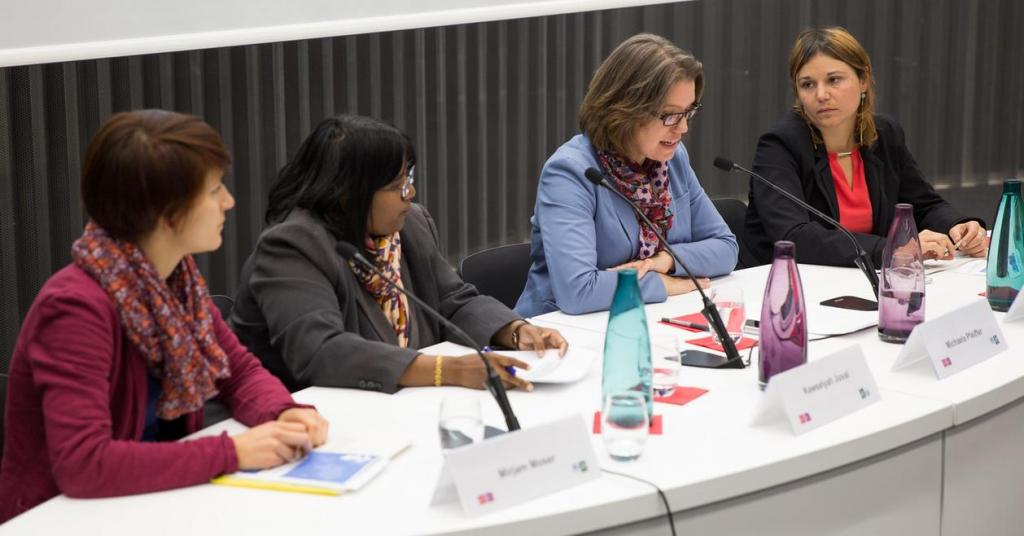In a world where more people have access to mobile phones than to sanitation and clean water, the question of how current and new technologies can be used to promote health and health equity can make a real difference for millions of people around the world. On 16 November 2015, the Fifth Global Forum on Health Promotion, organised by the Alliance for Health Promotion (A4HP) in collaboration with the World Health Organization (WHO), the International Telecommunication Union (ITU) and the Global Health Programme, focused on this theme and brought together the leading players in the field of health promotion to share knowledge and experiences on “Closing the Gap in Health Equity through Technology”. The event highlighted in particular how e-health and m-health can be drivers of behavioural change among both healthcare providers and patients, positively contributing to health education, information, and monitoring.
However, technological implementation does not necessarily translate into equitable health outcomes, and the digital divide is still a reality, also in relation to digital literacy. Working with communities is, therefore, crucial to empower individuals to better control their own health. As shown by a series of presentations at the Forum, innovation and technology can also target specific population groups, providing new instruments to improve the health and well-being of marginalised and vulnerable groups. These specific interventions at the local level nevertheless risk remaining at the experimental stage. Evaluation and scaling up of cost- effective technologies with proven health outcomes need to be an integral part of health systems development and strengthening, as lasting behavioural change need to be matched by adequate health structures and training of health personnel.
Information and communication technologies are also becoming increasingly important in policy making. The use of Twitter on the part of heads of states and diplomats has for instance led to the neologism “twiplomacy”, testifying for the creation of new networks and political dynamics through the use of social media. The virtual presence of health- and health-related organisations on online platforms is an emerging factor that will need closer examination to better understand the links between technology and health.
A key message of the Forum, well illustrated by the organising partners, was the need for closer collaboration between health organisations and actors in the field of information and communication technologies. Geneva, as global health capital and seat of both WHO and ITU, offers a unique opportunity in this regard. Drawing on the multitude of institutions and organisations active in Geneva, synergies can also be built to address the social and environmental determinants of health, by fostering the successful implementation of technological advancements in fields such as agriculture, environment, and development. The potential is there. It is up to the Geneva International community to step up to the challenge.


